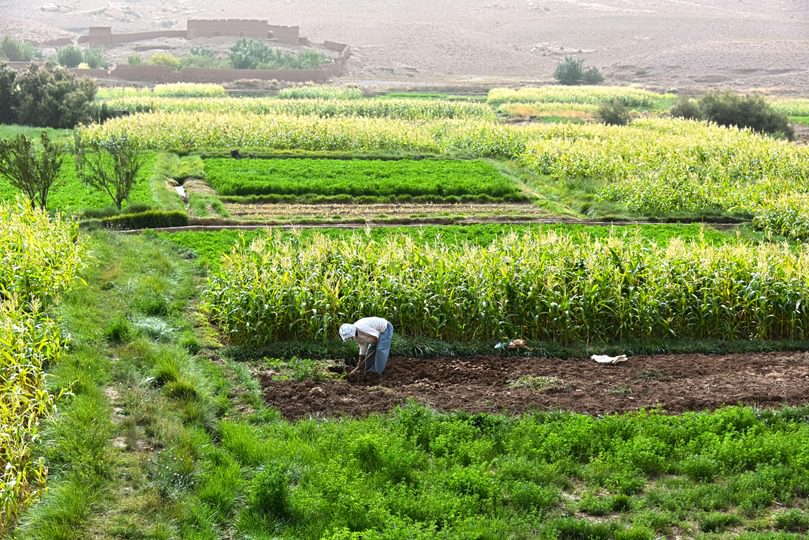
Nearly one-third of the world’s farms have adopted more environmentally friendly practices while continuing to be productive, according to a global assessment by 17 scientists in five countries.
The researchers analysed farms that use some form of “sustainable intensification,” a term for various practices that use land, water, biodiversity, labour, knowledge and technology to both grow crops and reduce environmental impacts like pesticide pollution, soil erosion, and greenhouse gas emissions.
Writing in the journal Nature Sustainability, the researchers estimate that nearly one-tenth of the world’s farmland is under some form of sustainable intensification, often with dramatic results. They have seen that the new practices can improve productivity, biodiversity and ecosystem services while lowering farmer costs. For example, they document how West Africa farmers have increased yields of maize and cassava; some 100,000 farmers in Cuba increased their productivity 150 percent while cutting their pesticide use by 85 percent.
“Pursuing sustainable intensification in global agriculture will be essential if we are to feed a growing world population in a way that does not contribute further to climate change, biodiversity loss or have other negative effects on the environment,” says Professor Sir Charles Godfray, Director of the Oxford Martin School and one of the authors of the report.
“Although we have a long way to go, I’m impressed by how far farmers across the world and especially in less developed countries have come in moving our food-production systems in a healthy direction,” said John Reganold, a Washington State University Regents professor of soil science and another co-author of the paper.
Pretty J, Benton T G, Bharucha Z P, Dicks L V, Flora C B, Godfray H C J, Goulson D, Hartley S, Lampkin N, Morris C, Pierzynski G, Prasad P V V, Reganold J, Rockström J, Smith P, Thorne P, and Wratten S. 2018. Global Assessment of Agricultural System Redesign for Sustainable Intensification. Nature Sustainability
Watch our interview with Professor Sir Charles Godfray, discussing sustainable intensification, highlights from the study and whether we can be optimistic about global food security.